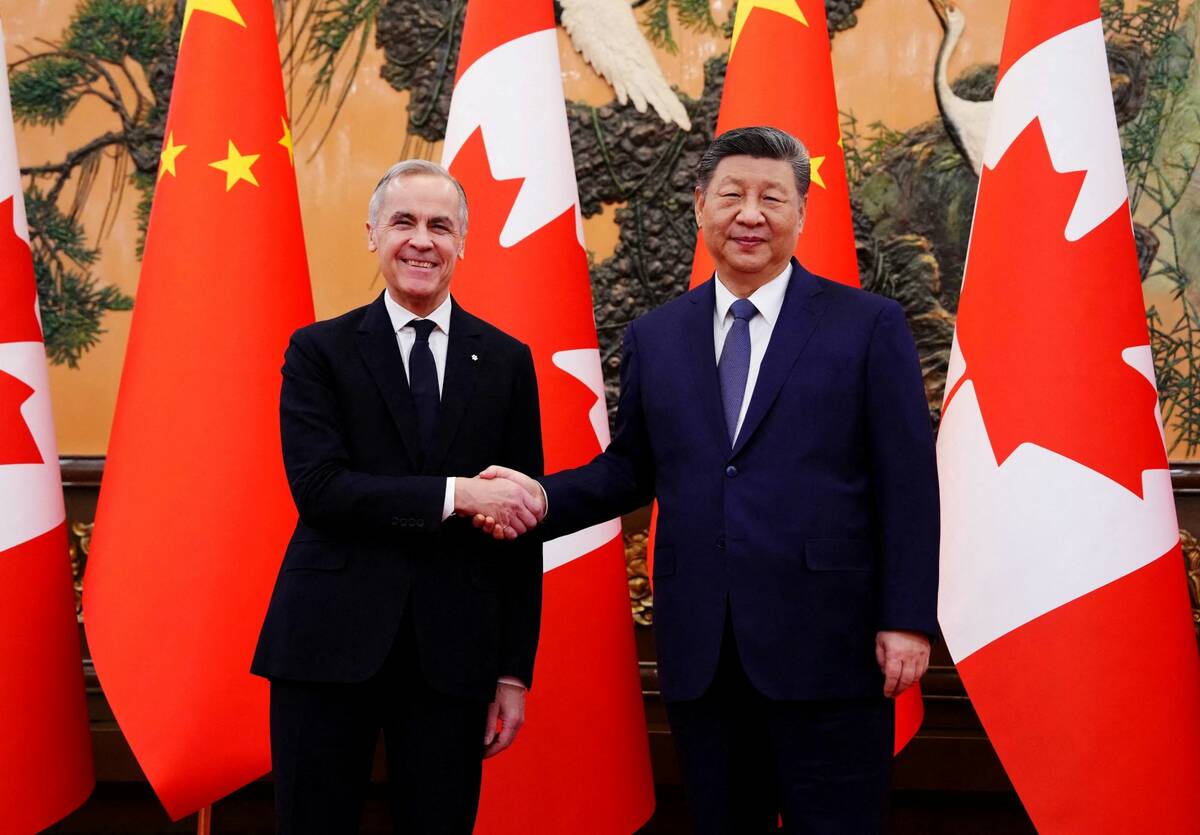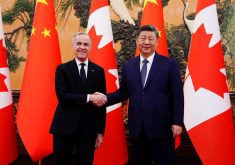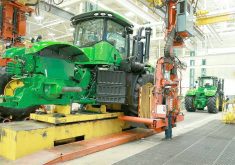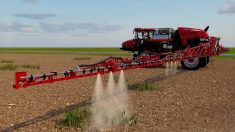Every time we get a recall of imported food we have another round of huffing and puffing that we’re not doing enough to protect Canadians, and the media spend a day or two pushing scary stories about the awful dangers of imported food. So I’m often asked: is Canada doing enough?
That was the question the CFIA president posed to the CFIA auditor. Asking him that is like asking my barber whether I need a haircut. To auditors, you can never do enough. They are bound to say that there was “inadequate monitoring,” an inadequate “performance measurement framework” and inadequate “risk-management processes.”
Read Also

Pragmatism prevails for farmers in Canada-China trade talks
Canada’s trade concessions from China a good news story for Canadian farmers, even if the U.S. Trump administration may not like it.
Filled with every bureaucratic audit-speak cliché you can think of, (but thin on practical solutions), the internal audit unnecessarily alarmed the Canadian public through the media hype. This self-inflicted wound served to undermine Canadian confidence in our food supply while doing little to enhance the safety of imported food.
The most significant result of the audit was the pre-emptive announcement that the CFIA intends to consult Canadians on possible new regulations to enhance the safety of imported foods.
These consultations will likely highlight the need to modernize the CFIA’s computerized import system. No doubt the CFIA will resurrect the earlier legislative proposal to require more importers to be licensed.
Finally getting serious
These reforms, if enacted, will enhance efficiency but do little to improve food safety. There will be few other changes in the way we regulate imported foods. That’s because there is very little more that the state can do that will actually make a real difference.
While the state makes and enforces rules, its essential role, necessarily, is to be the auditor of the industry’s risk-management systems. In the case of imported food it can, and does, carry out limited border inspections and verification audits of other countries’ systems. But the state couldn’t begin to audit the tens of thousands of plants in the 193 countries from which we import food.
Moreover, an audit Wednesday doesn’t guarantee what happens Thursday. A doubling of inspection at the border would still leave most imported food uninspected – we get 6,000 truckloads of food from the U.S. every day!
The primary responsibility must rest with industry, which is finally getting serious in having comprehensive third-party audits of foreign suppliers. Most large companies are adopting a range of audit-assurance systems, and these are slowly being co-ordinated through the new Global Food Safety Initiative. But there is still a long way to go. When problems arise, and they will given the size of the import trade, the CFIA will activate its excellent recall system. The CFIA is mostly doing what it can, even if it’s not seen as enough.
RonaldL.Doering,apastCFIA presidentandcurrentchairmanof afederalministerialadvisoryboard onCFIA-relatedissues,practises foodlawintheOttawaofficesof GowlingLafleurHendersonLLPand canbereachedatRonald. [email protected].














